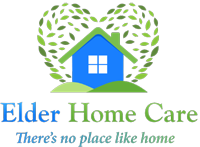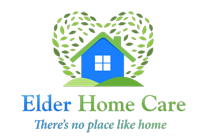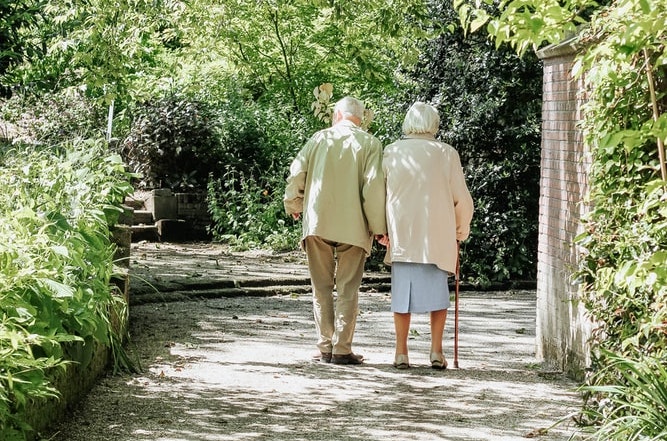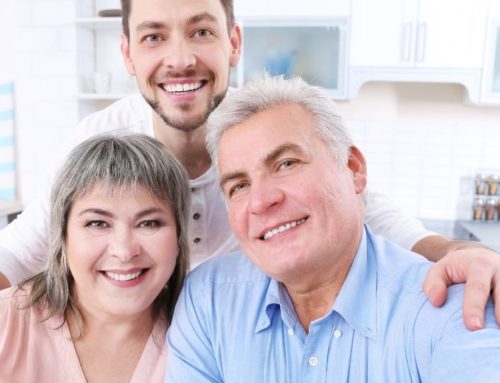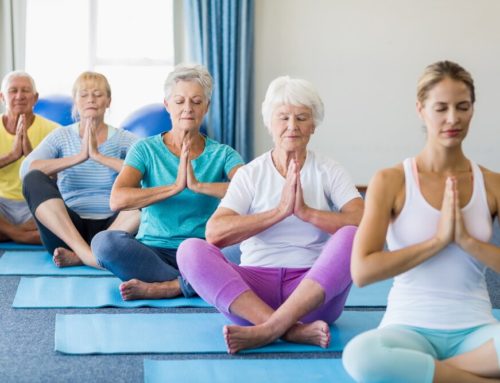According to the CDC, falls are the number one cause of injuries in seniors, resulting in hip fractures, cuts and serious head and brain injuries that can be fatal. Even when no serious injury is present, a fall can still be so frightening that seniors may avoid certain activities due to fear that they’ll fall again. One out of every three seniors will fall this year, but fewer than half of them will talk with their doctors about it.
Some of the most common causes of falls are present right in seniors’ own homes, where one may have a false sense of security. From poorly lit stairways, to slippery bathroom floors, to unstable step stools, these hidden hazards can be found in just about every room of the house. Falls are not a normal part of aging. Seniors can stay on their feet and stay safe if they remember to do two simple things: Speak up and make their home safe.
Speak Up
- Talk to your doctor regularly about fall risk and prevention. Tell your doctor immediately if you have fallen, if you are afraid you might fall, or if you’re feeling unsteady in your everyday life.
- Review all of your medications with your doctor, and become educated on the side effects like feeling dizzy or tired. Some medications can increase fall risk.
- Have your eyes checked annually and update your glasses, as needed. Conditions like cataracts and glaucoma limit your vision.
- Have your feet checked. Discuss proper footwear with your doctor and ask whether seeing a podiatrist is recommended.
Make Your Home Safe
- Remove things you can trip over from stairs and places where you walk.
- Remove small rugs or use double-sided tape to keep rugs from slipping.
- Add grab bars in the bathroom—inside the bathtub and next to the toilet.
- Use non-slip mats in the bathtub and on shower floors.
- Install handrails and lights on all staircases. Make sure there are light switches at the top and bottom of staircases.
- Move furniture so there is always a clear path to walk and no need to maneuver around pieces in the way.
- Coil or tape cords and wires next to the walls so they don’t have to be stepped over.
- Keep items that you use most frequently in the kitchen in the lower cabinets. Avoid using a step stool if you can, but if needed, make sure the stool has a bar to hold on to—never use a chair.
- Make sure there is adequate lighting in all rooms of the house and hallways. Install brighter lights as well as night lights in hallways to facilitate safe travel between rooms during the night
- Wear shoes as much as possible when in your home. Socks may be more comfortable, but a non-slip house shoe can lessen the chance of slipping on a slick floor
For the elderly, fall prevention means injury prevention. It’s important we take the steps necessary to help our seniors be safe in their homes. Small changes can go a long way in turning a hazardous home into a place where seniors can feel safe.
